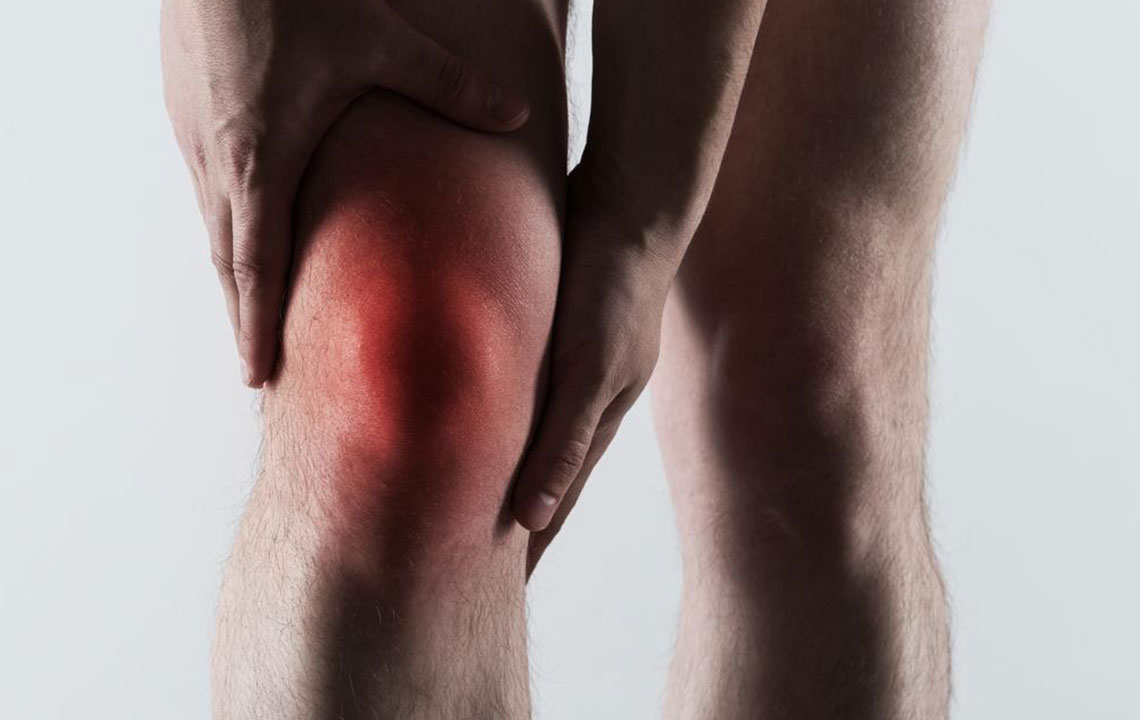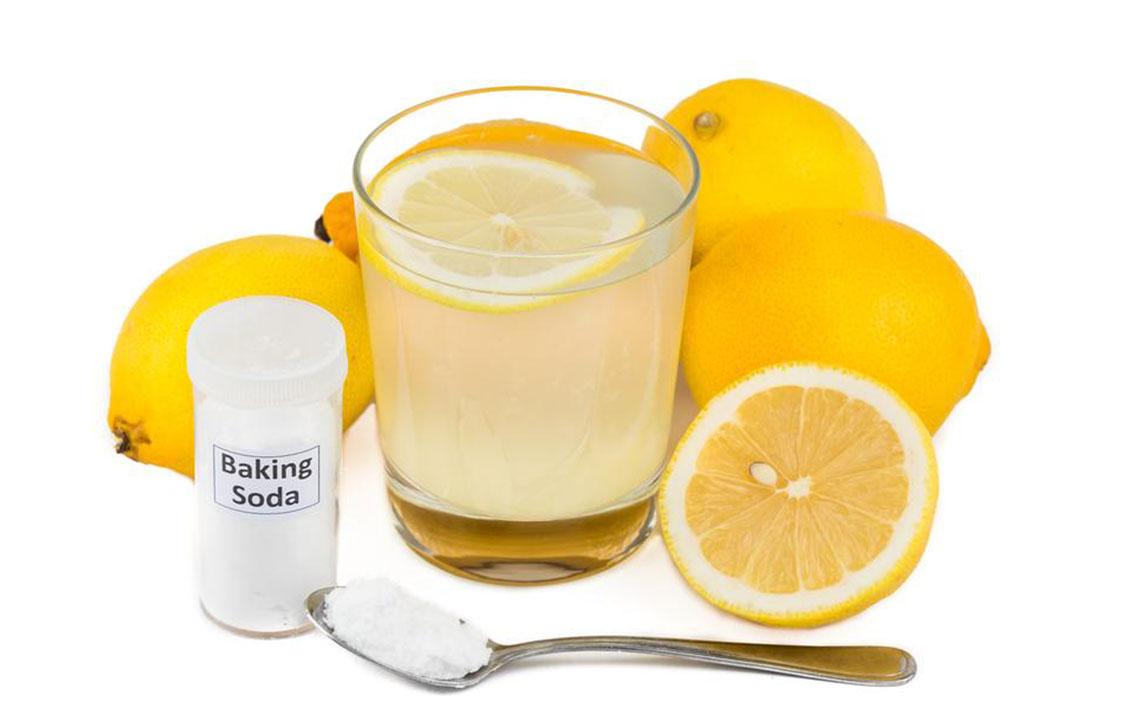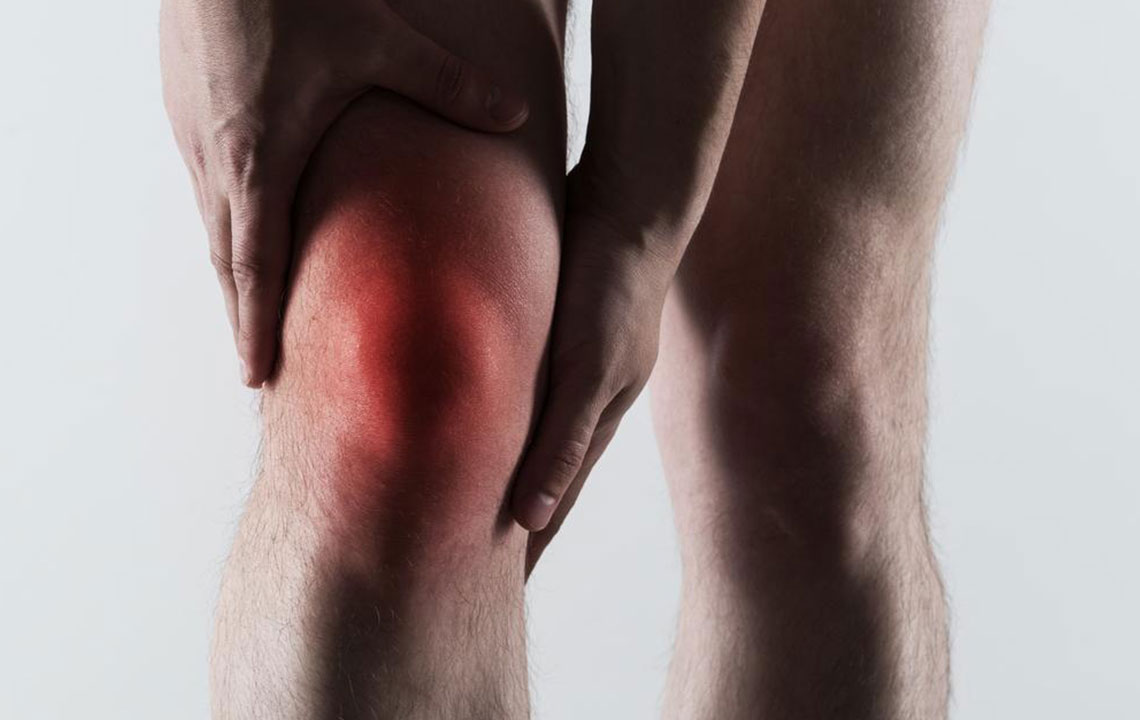Comprehensive Lifestyle Strategies for Effective Gout Management
This detailed guide offers effective lifestyle strategies for managing gout, emphasizing dietary changes, physical activity, stress reduction, and natural supplements. Implementing these practices can significantly reduce flare-ups and improve joint health, providing a comprehensive approach to living well with gout.

Comprehensive Lifestyle Strategies for Effective Gout Management
Gout is a painful form of inflammatory arthritis caused by the accumulation of uric acid crystals in the joints. This condition commonly manifests with intense pain, swelling, redness, and tenderness, often affecting the base of the big toe but also capable of involving other joints such as the ankles, knees, wrists, and elbows. While medications can help control symptoms, lifestyle modifications play a crucial role in preventing flare-ups and managing the disease effectively. Implementing healthy habits related to diet, physical activity, stress management, and overall lifestyle can significantly improve quality of life for those affected by gout.
In this comprehensive guide, we explore essential lifestyle strategies to help you manage gout more effectively, reduce the frequency of flare-ups, and promote overall joint health. From dietary adjustments and exercise routines to stress reduction techniques and natural supplements, these evidence-based approaches can empower you to take control of your health.
Understanding the underlying causes of gout and acknowledging the impact of lifestyle factors is vital. Elevated uric acid levels, also known as hyperuricemia, result from the body's inability to eliminate uric acid efficiently through the kidneys, or from excessive production of uric acid due to dietary choices. When uric acid levels become too high, crystals form and deposit in joints, triggering the painful inflammation characteristic of gout.
Therefore, targeted lifestyle changes are essential components of a comprehensive gout management plan. In the following sections, we discuss key strategies that can help you reduce uric acid levels naturally, prevent future attacks, and maintain joint health.
1. Limit Alcohol Intake to Prevent Gout Flare-Ups
Alcohol consumption is strongly associated with increased uric acid levels. Beer, spirits, and even wine contain purines or interfere with uric acid elimination, making alcohol a significant risk factor for gout. Drinking alcohol not only raises serum uric acid but also promotes dehydration, which can concentrate uric acid in the bloodstream and exacerbate symptoms.
Studies have consistently shown that individuals who consume high amounts of alcohol are more prone to developing gout and experience more frequent flare-ups. Therefore, reducing or eliminating alcohol intake can markedly decrease the risk of attacks.
Tips for managing alcohol consumption include setting clear limits, opting for alcohol-free beverages, and seeking support if needed to abstain from drinking. Engaging in social activities that do not involve alcohol can also help maintain a healthy lifestyle.
Research emphasizes that alcohol intake significantly elevates uric acid levels and is a key contributor to gout development. Managing alcohol consumption is vital in controlling gout symptoms and minimizing flare-ups.
2. Avoid Purine-Rich Foods to Lower Uric Acid
Dietary purines are naturally occurring compounds found in many foods. When purines are broken down during digestion, uric acid is produced. Consuming foods high in purines can lead to increased uric acid levels and the formation of crystals in the joints.
Key sources of high purines include red meats such as beef, lamb, and pork; seafood like sardines, shellfish, and anchovies; organ meats such as liver and kidneys; and processed foods that contain added purines or preservatives. Additionally, sugary foods and beverages, particularly those sweetened with high-fructose corn syrup, also contribute to elevated uric acid levels.
To manage gout effectively, it is recommended to limit intake of these foods and opt for lower-purine options such as plant-based proteins, dairy products, and vegetables. Emphasizing a balanced diet rich in whole grains, fruits, and vegetables can not only help control uric acid but also support overall health.
3. Manage Stress to Reduce Gout Attack Frequency
High stress levels are associated with increased inflammation and can trigger gout episodes. Stress causes the release of stress hormones like cortisol, which can impair immune function and exacerbate joint inflammation.
Implementing effective stress management techniques is essential for reducing the frequency and severity of gout attacks. Activities such as meditation, deep-breathing exercises, yoga, and mindfulness help lower stress levels. Engaging in hobbies, socializing with friends, or participating in relaxing activities also contribute to emotional well-being.
Getting adequate sleep is another critical component. Aim for 7-8 hours of quality sleep each night to promote immune health and balance stress hormones. Maintaining a consistent routine and avoiding excessive caffeine or stimulants before bed further enhances sleep quality.
4. Regular Physical Activity to Promote Joint and Overall Health
Exercise is a vital aspect of managing gout, as it helps reduce uric acid levels, improve joint flexibility, and strengthen muscles around affected joints. Moderate, regular physical activity such as walking, swimming, cycling, or low-impact aerobic exercises can be particularly beneficial.
Avoid excessive or high-impact activities that might strain joints or cause injuries. Incorporate stretching and flexibility routines to maintain mobility. Exercise also promotes weight loss, which is crucial since obesity is a significant risk factor for gout due to increased uric acid production.
Consult your healthcare provider before starting any new exercise regime, especially if you experience gout attacks or have joint pain. Consistent activity not only benefits joint health but also improves cardiovascular health and overall well-being.
5. Importance of Adequate Sleep in Gout Prevention
Sleep quality has a profound impact on immune function and inflammation control. Adequate sleep helps regulate uric acid metabolism and reduces systemic inflammation, lowering the likelihood of gout flare-ups.
Developing a sleep routine that includes winding down before bed, avoiding screens at least an hour prior, and maintaining a comfortable sleep environment contribute to restful sleep. If sleep disturbances are ongoing, consider consulting a healthcare professional for evaluation and management.
Remember, lack of sleep or poor-quality sleep can disrupt hormonal balance, increase stress, and cause inflammation—all factors that can trigger gout episodes.
6. Incorporate Anti-inflammatory Natural Supplements like Turmeric
Natural anti-inflammatory agents can support gout management. Turmeric contains curcumin, a compound well-known for its potent anti-inflammatory and antioxidant properties. Several studies suggest that turmeric supplementation can help reduce joint pain and inflammation associated with gout.
Adding turmeric to your diet is simple — sprinkle it into foods, smoothies, or teas. Additionally, curcumin supplements are available but should be taken under medical supervision to determine appropriate dosages. Other natural anti-inflammatories include ginger, omega-3 fatty acids, and Boswellia serrata.
While these natural remedies can complement medical treatment, they should not replace prescribed medications but serve as part of an overall lifestyle approach.
Adopting these comprehensive lifestyle habits significantly enhances your ability to control gout symptoms, reduce flare-up frequency, and promote healthy joint function. Combining dietary discipline, regular exercise, stress management, and natural supplements creates a sustainable approach to living well with gout.
Consult with your healthcare provider to tailor these strategies to your individual health needs. Remember, proactive lifestyle choices empower you to lead a more comfortable, active, and pain-free life despite gout.





